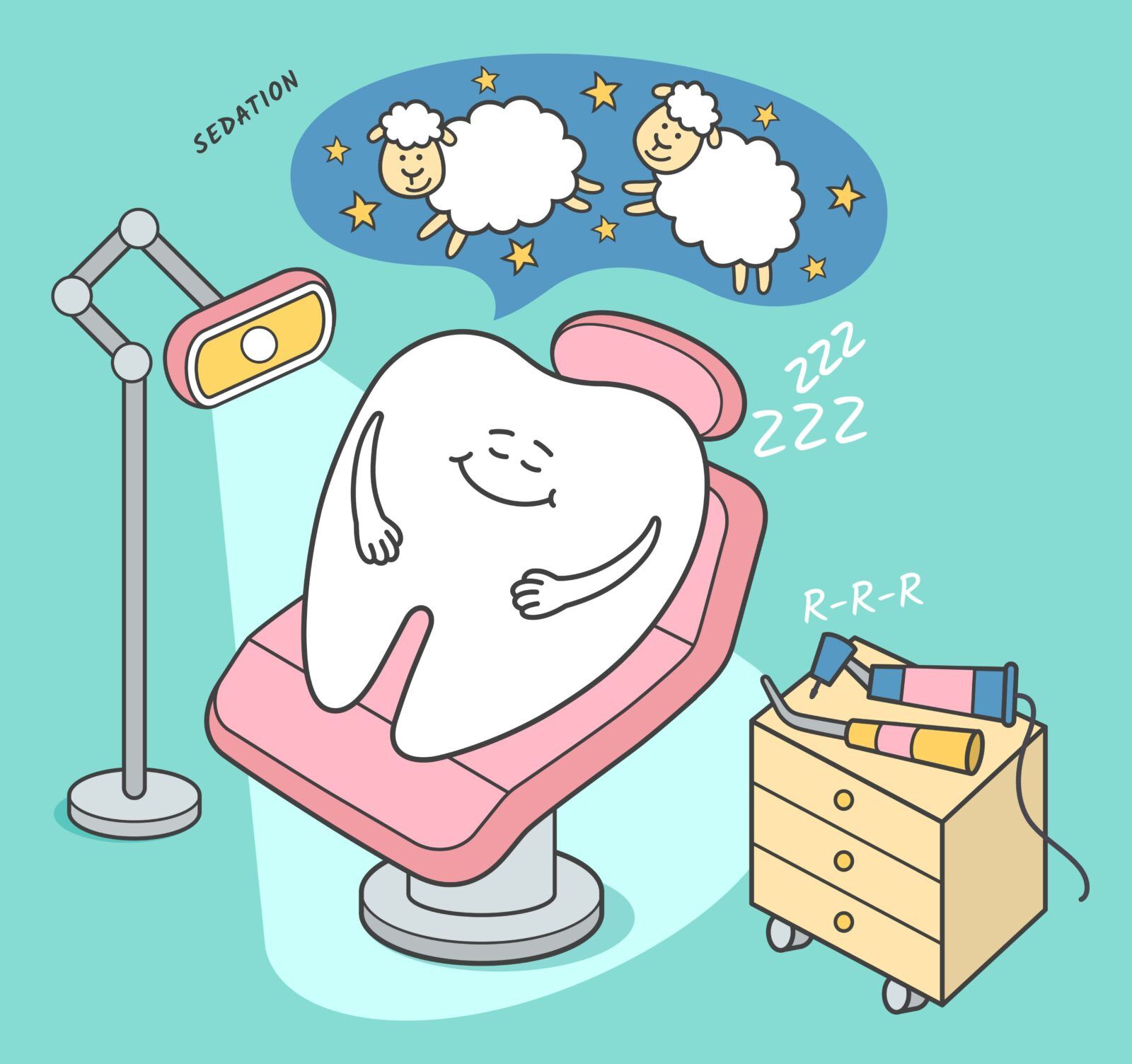Dental anxiety is a common issue that affects many individuals, leading to overwhelming nervousness before and during dental appointments. This fear can be so severe that it prevents some people from seeking necessary routine dental care, potentially compromising their oral health. In this blog, we will explore practical strategies and tips to help you manage and overcome dental anxiety, ensuring that your next visit to the dentist is more comfortable and less daunting. Whether it’s understanding what to expect, using relaxation techniques, or discussing anxiety management options with your dentist, we will provide you with effective tools to tackle dental anxiety head-on.
1. Educate Yourself About the Procedure
Fear often stems from the unknown. By learning more about the upcoming procedure, you can demystify the process and reduce anxiety. Most dentists are willing to explain the procedure in detail, including the steps involved and the sensations you might experience. Knowing what to expect can make the experience less intimidating.
2. Communication is Key
Always communicate your fears and concerns with your dentist. They are trained to help anxious patients and can adjust the treatment process to make it more comfortable for you. This could include explaining each step during the procedure or allowing for breaks when you feel overwhelmed.
3. Practice Relaxation Techniques
Relaxation techniques can be a great way to calm your nerves before and during your dental appointment. Techniques such as deep breathing exercises, progressive muscle relaxation, or meditation can help manage anxiety. Practice these techniques at home so you can easily use them during your appointment.
4. Use Distractions
Bringing distractions can help divert your attention away from the anxiety. Consider listening to your favorite music, audiobooks, or podcasts during the procedure. Some dental offices even offer TVs or VR goggles to watch movies during longer treatments.
5. Consider Sedation Dentistry
For those with severe dental anxiety, sedation dentistry might be a solution. Discuss with your dentist the options available, such as nitrous oxide (laughing gas), oral sedatives, or even general anesthesia for complex procedures. These methods can help you relax significantly and, in some cases, even sleep through the procedure.
6. Schedule Smartly
Choose a time for your dental appointment when you’re least likely to feel rushed or under pressure. A less hectic schedule can help you stay calm. Also, scheduling your appointment early in the morning can prevent anxiety from building up throughout the day.
7. Bring a Friend or Family Member
Having someone you trust with you can provide emotional support and comfort. Check with your dental office to see if they allow companions in the treatment room, or even just having them in the waiting area might provide the reassurance you need.
8. Visit the Dentist Regularly
Avoiding the dentist due to anxiety can lead to serious dental issues, which, in turn, may require more invasive procedures. Regular check-ups can prevent such situations and help you become more accustomed to the dental office environment, reducing anxiety over time.
Conclusion
Dealing with dental anxiety is crucial not just for your oral health, but for your overall well-being. By implementing these strategies, you can make your visits to the dentist more bearable and gradually reduce your dental anxiety. Remember, a good dentist will always be willing to help you overcome your fears and ensure you receive the best care in the most comfortable manner possible.

